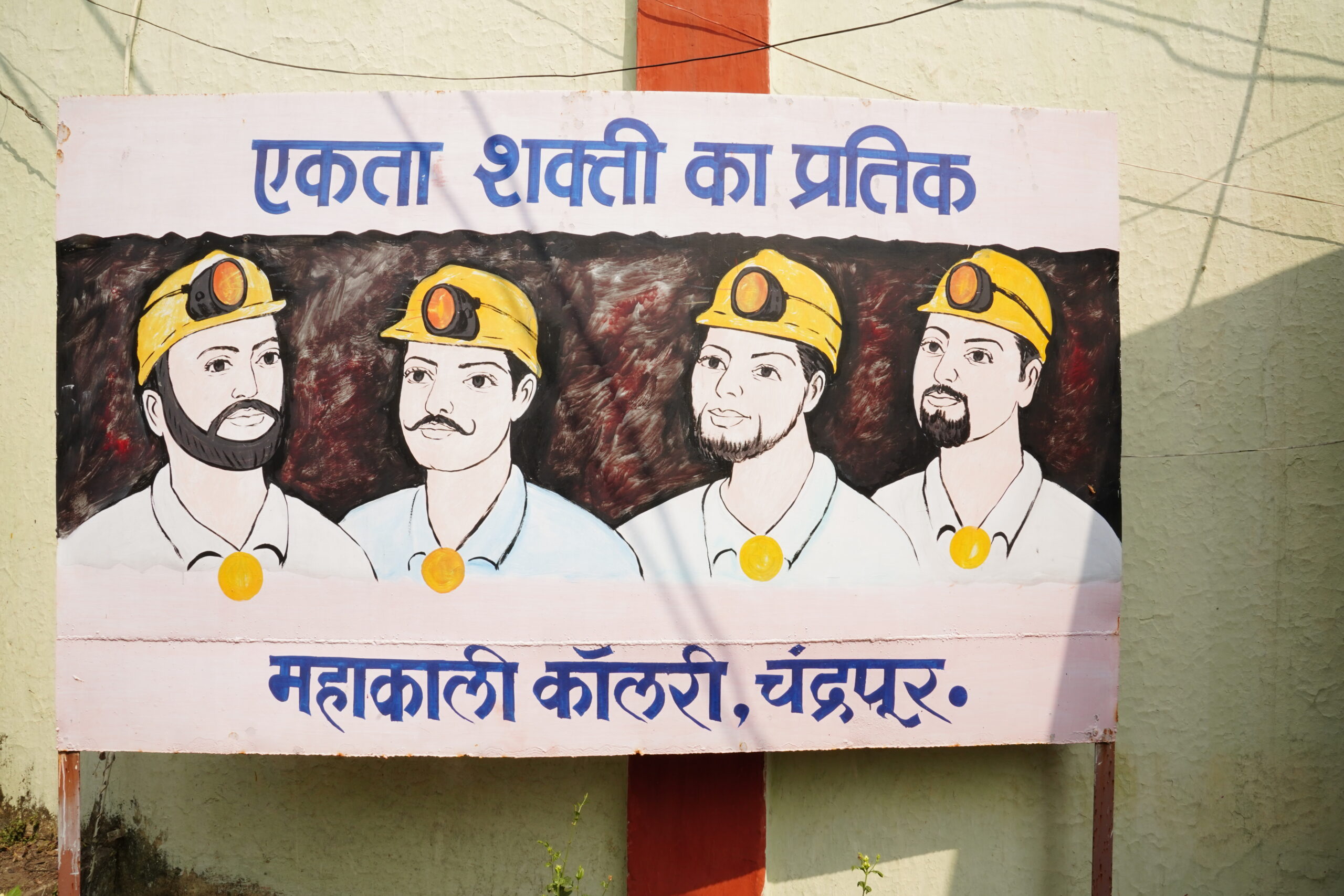India: Data Shows Rise in Atrocities against Dalits, Tribal People
Crimes against Dalit people rose by 177.6 per cent and crimes against people from tribal communities rose 111.2 per cent between 1991 and 2021. Dalits and Adivasis together account for almost 32 per cent of all prisoners in Indian jails.
How are Institutional discrimination and social exclusion related to crime? Data points to a vast increase in the crime against Dalits and Adivasis in India. And, whether some opt for a life of crime or whether they are framed, Dalit and tribal people form a sizable bulk of under-trials and prisoners in India's jails.
(Dalits are India's historical untouchables, performing an array of occupational roles relegated to the realms of impurity. Different Dalit communities have faced discrimination, even violence, over generations. Literally, Dalit means broken, or dispersed.
Adivasis, on the other hand, are many different communities of indigenous or tribal people. The word Adivasi literally means those settled since times immemorial.
The State does not necessarily recognise the terms and officialdom rather refers these large communities as Scheduled Castes and Scheduled Tribes, alluding to the provisions of the Indian Constitution that has a schedule of communities listed for positive discrimination in state welfare initiatives).
The national data on crime, ‘Crime in India 2021' published by the National Crime Records Bureau (NCRB) in August 2022 reveals that crimes against Dalits and tribal people increased by 1.2 and 6.4 per cent in 2021.
NCRB reports have been a valuable compilation of statistics over the years on offences ranging from crimes against women to economic and financial crimes.
Analysing the data, the National Coalition for Strengthening SCs and STs (PoA) Act (NCSPA) says that despite explicit constitutional provisions and guidelines, the suffering of Dalit tribal communities across India remains the worst as the communities are not only the victim of this scourge caste system but also face institutional discrimination and social exclusion.
NCSPA is a platform of over 500 Dalit and Adivasi civil society organisations, communities, leaders, and activists. It works on the strengthening of the Prevention of Atrocities Act, a law enacted by Parliament in 1989 to give legal protection to Dalit and Adivasi people who faced atrocities.
The coalition believes that the number of crimes against Dalits and Adivasis is overwhelming and argues that even the 2021 Crime data corroborates the upsurge in violence against Dalit and Tribal people, especially Dalit and Adivasi women and children. Dalits and Adivasis are also referred to as Scheduled Castes and Scheduled Tribes or SCs and STs, in keeping with Article 46 of the Constitution of India.
An analysis of NCRB's report reveals that atrocities or crimes against Dalits in 2021 rose by 1.2 per cent since 2020. Further, atrocities against Tribal people have increased by 6.4 per cent in 2021.
Violence against Dalit and Adivasi women has also risen – cases of rape involving SC women and girls account for 7.64 per cent of all rape cases reported from across the country. Simultaneously, cases of rape of tribal women and girls account for 15 per cent of the total cases.
The report has also tabled detailed numbers of assault on women, including their kidnapping – these cumulatively stood at 16.8 per cent in the case of Dalit women and 26.8 per cent in the cases of tribal women.
The report showed that a total of 70,818 cases of atrocities against SCs were pending investigation at the end of the year 2021, including the previous year's cases. Similarly, 12,159 Cases of atrocities against STs were pending investigation and a total of 2,63,512 cases of atrocities against SCs and 42,512 cases of atrocities against STs came for trial in court.
The enormity of the situation becomes clearer when the data is interpreted over a larger time frame. For instance, crimes against the SCs and STs have risen in the two decade between 1991 and 2021.
Meanwhile, according to a study to understand the implementation of the law in 15 states conducted by the Dalit Human Rights Defenders Network, along with the Human Rights Law Network and National Council of Women Leaders, crimes against SCs rose by 177.6 per cent and crimes against ST communities rose 111.2 per cent between 1991 and 2021.
Interestingly, Dalits and Adivasis together account for almost 32 per cent of all prisoners in Indian jails. Of the 4,78,600 prisoners across jails in the country, 99,273 (20.74 per cent) belonged to the SC communities and 53,336 (11.14 per cent) belonged to the ST communities. Of the total prisoners, 4,58,687 (95.83 per cent) were men and 19,913 (4.16 per cent) women, the data showed. Of the total 19,913 imprisoned women, 4,467 (22.43 per cent) were SC and 2,281 (11.45 per cent) were ST.


